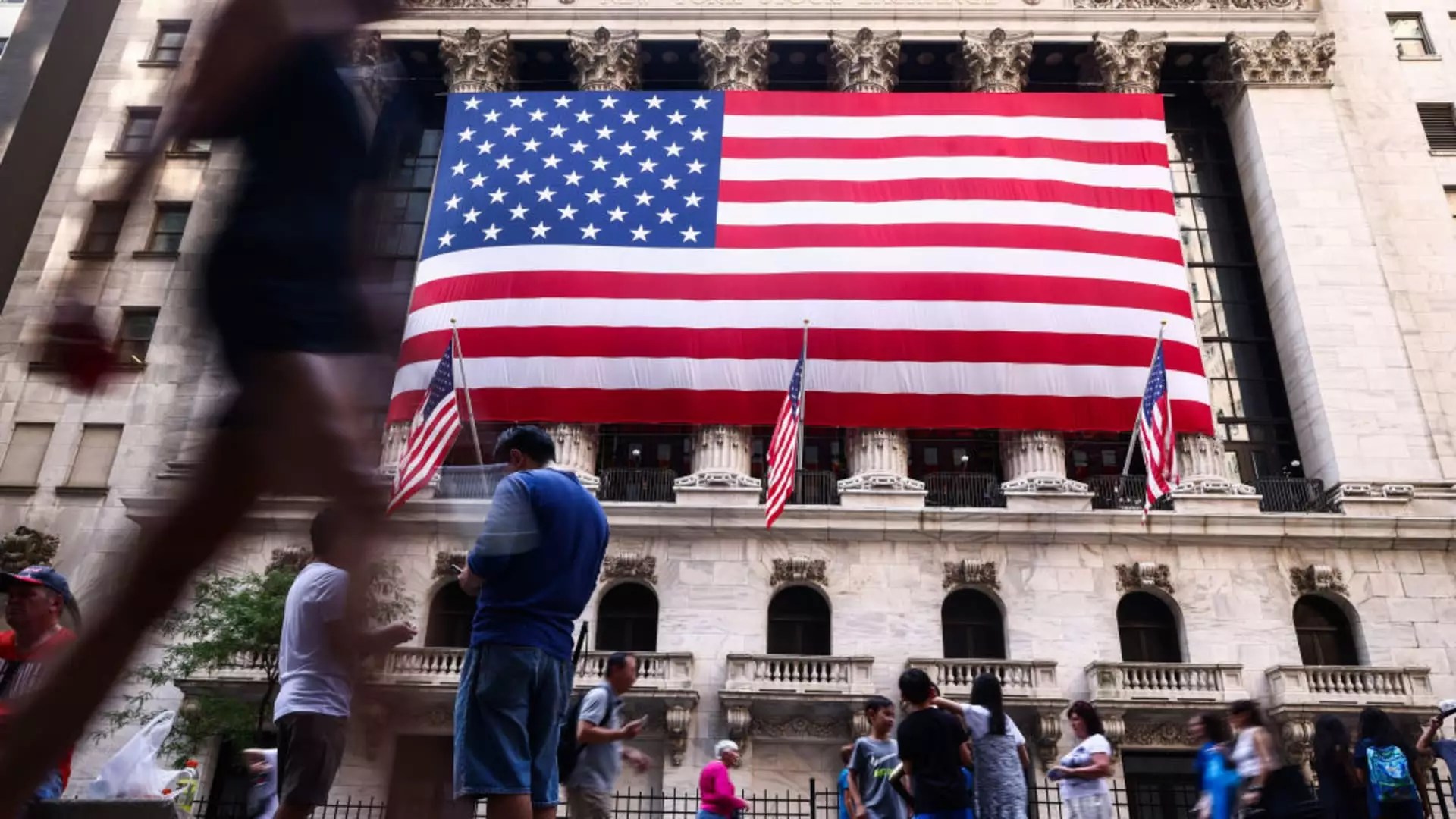As the U.S. presidential election draws closer, professional investors are emphasizing the importance of diversification in their investment strategies. Despite the stock market reaching all-time highs this year, uncertainties surrounding when the Federal Reserve will begin to lower interest rates have left investors on edge. The recent rotation out of mega-cap growth stocks has sparked concerns, but ultimately, the market has shown resilience. Now, with election-related risks looming, it is crucial for investors to carefully consider how to position their assets in the weeks leading up to the election.
Hedging Tax Rate Risk
Mike Bailey from FBB Capital Partners suggests that the outcome of the election, particularly in terms of tax rates, could have a significant impact on the equity markets. Should former President Donald Trump win reelection, his tax cuts may lead to better prospects for equities. Bailey highlights the importance of diversification in hedging against potential tax rate changes. By spreading investments across different asset classes, investors can mitigate the downside risks associated with higher tax rates. Bailey underscores the need to avoid overexposure to small-cap domestic U.S. stocks and instead recommends diversifying portfolios to include a mix of assets that can weather potential market fluctuations.
John Davi, chief investment officer at Astoria Portfolio Advisors, believes that the interest rate cycle will have a more long-term impact on the market than the election outcome. Regardless of which party wins, Davi anticipates a structural increase in inflation due to the large deficit and ongoing government spending. Against this backdrop, Davi advises investors to consider rotating out of growth assets, particularly the so-called “Magnificent Seven” stocks that have seen significant appreciation in recent years. He emphasizes the importance of identifying attractive entry points into stocks and diversifying beyond domestic equities. Davi also suggests keeping an eye on emerging market assets, such as China and Mexico, which could present unique investment opportunities depending on the election results.
Komal Sri-Kumar, president of Sri-Kumar Global Strategies, echoes Davi’s sentiment regarding the need for diversification away from the Magnificent Seven stocks in the lead-up to the election. Sri-Kumar warns of potential geopolitical risks and highlights the stretched valuations of certain companies in the stock market. As such, he emphasizes the importance of exercising caution and prioritizing value investing during the volatile period surrounding the elections. Sri-Kumar also points to the rising risk of a credit event, whether in the form of a banking crisis or a commercial real estate crisis, underscoring the need for a diversified investment approach to navigate potential market challenges.
As investors brace for the uncertainties of the upcoming U.S. presidential election, diversification emerges as a critical strategy to mitigate risks and seize opportunities in the market. By spreading investments across different asset classes, identifying attractive entry points into stocks, and monitoring geopolitical and credit risks, investors can position themselves to navigate the evolving market landscape with greater resilience and agility.


Leave a Reply